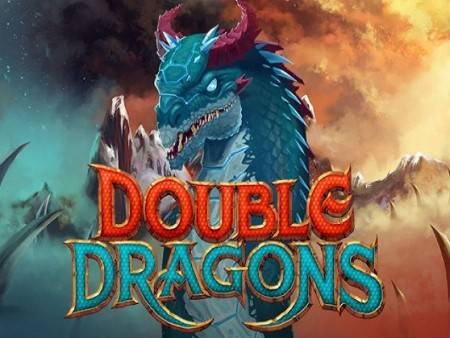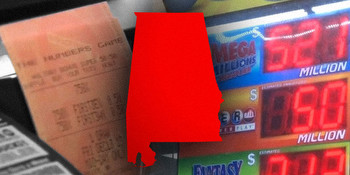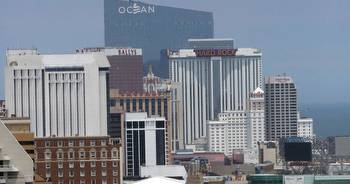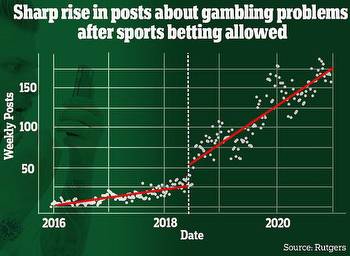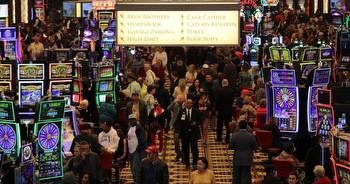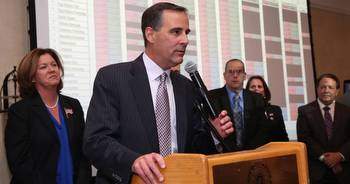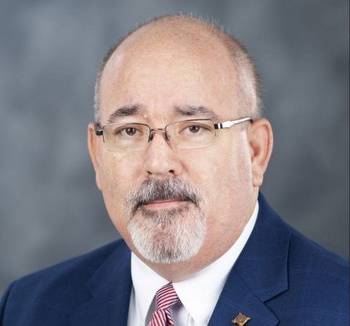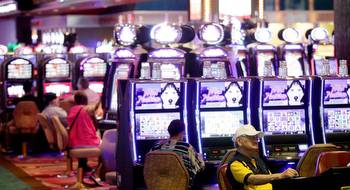Analysis: the truth about gambling
By Will Hall, Baptist Message executive editor
ALEXANDRIA, La. (LBM) – Late last year, The Advocate reported John Alario, the immediate past president of the state Senate, as saying that it “would take a crowbar” to get rid of gambling in the state now.
Unfortunately, he is right.
Too many budgets in the state have been tied to gambling taxes as a key source of revenue –revenues that have been flagging for at least a decade (aside from the nearly billion-dollar pandemic losses in 2020), causing regular budget crises for the state, local governments, schools, and law enforcement.
Furthermore, there is a whitewashing about gambling when budget notes are developed in the legislature. Potential tax revenue payouts are touted in testimony to legislators, but there is a near blackout of information about the actual costs to taxpayers on the expense side of the ledger.
Importantly, public discussions and policy decisions about gambling in this state ignore the crippling human costs of gambling as well.
CASINOS
In general, casinos are not created for casual entertainment. Instead, they are designed to exploit the weakest among us.
Most are windowless facilities that offer no clocks — to avoid triggering a patron’s sense of time. It is part of the overall design of casinos to be all-absorbing experiences so that customers do not leave until after having exhausted all their money.
This carefully crafted atmosphere does not negatively impact the casual gambler — the person who comes for dinner and a show as well as some “entertainment” at the slot machines or card tables. Research from Canada shows that 75 percent of casino patrons in one study were recreational players, but that these guests were tapped for only 4 percent of casino gambling revenues.
However, as for problem and pathological gamblers (who make up only 4 percent of U.S. adults), it is a different story. Slot machines alone provide 65-80 percent of casino gambling revenues, and addicted gamblers account for 40-60 percent of these gains.
It is a pernicious industry.
Now, casinos also are marketing themselves to the elderly. Already, half of patrons are 50 years old or more; and, increasingly, casinos are advertising to attract those 70 years old and above to exploit their boredom and fixed incomes.
LOST OPPORTUNITY
Conservatively, Louisianans lose $3.4 billion of personal wealth each year due to all sources of gambling, according to the annual report by the Louisiana Gaming Control Board. These are fortunes that are not passed on to families to lift the next generation; or that are not invested in businesses that would benefit the state for years to come.
Moreover, there is more red ink for Louisiana taxpayers that is totally ignored in state and local budget discussions.
Indeed, the reality is that the gambling industry costs taxpayers almost double the tax revenues that are generated.
The $700 million dollars or so in gambling taxes recorded on the revenue side of the ledger are offset by at least $1.25 billion in red ink that is not accounted for on the other side of the book. Research from Baylor University indicates that Louisiana’s 96,000 pathological gamblers cost our state about $800 million per year. On top of that a North Carolina study suggests that another 179,000 problem Louisiana gamblers add a minimum of $450 million in costs to taxpayers, too.
This enormous deficit does not include direct payments to families from the government (TANF, SNAP, WIC, etc. — often referred to as “welfare”) that result from indebtedness, bankruptcy, and family fragmentation due to gambling among these combined 275,000 gambling addicts. Likewise, these expenses do not include the costs pushed down to churches and other ministries, who in large part pick up the pieces of broken lives and fractured families by providing counseling, groceries, lodging, utilities, and clothing, etc.
HOPELESS HERITAGE
There also is a generational curse that is taking place within our Louisiana homes.
Gambling has been legal in Louisiana for only 30 years (lottery, video poker, 1991, and casinos, 1993). Now, a study commissioned by the state legislature, “The Impact of Gambling in Louisiana,” completed by the Cecil P. Picard Center for Child Development & Lifelong Learning of the University of Louisiana at Lafayette, tells us that 40.6 % of 6th graders, 44.1 % of 8th graders, 40.8 % of sophomores and 34.4 % of seniors gamble each year (sports bets, cards, bingo for cash, dice, games of chance).
Overall, Louisiana has the fourth highest incidence of problem gambling in the country, while ranking only 25th in population. But given the growing gambling behavior among our children that troubling news is only going to worsen.
CONSTITUTIONAL CRISIS
Two final points:
— Casinos do not make good neighbors. According to the National Association of Realtors, the impact of casinos on neighboring property values is “unambiguously negative.” Likewise, the Institute of American Values found that very few businesses “pop up” around casinos. For instance, in Atlantic City the casino area “still has desperate trouble sustaining even a single grocery store.”
— Gambling is not an economic engine. In Louisiana, prior to the pandemic, 12 of 15 riverboat casinos lost money, according to the LGCB. Only the three Lake Charles casinos have been profitable — and that is because they draw patrons from Houston. But the Shreveport casinos used to draw customers from East Texas until new tribal casinos were opened in Oklahoma, and these now capture this market. Likewise, Harrah’s in New Orleans once produced more than $90 million in taxes per year, but that amount dropped to $63 million in 2019, in part because of newer and bigger casinos opening in Mississippi.
The Louisiana Constitution states specifically, “Gambling shall be defined and suppressed by the legislature.” In keeping with our state’s dark history with gambling, lawmakers have chosen instead to reclassify gambling as “gaming” and to pursue expansion of it – to the detriment of economic growth in Louisiana and in total disregard to the havoc wrought upon the most vulnerable among us.







